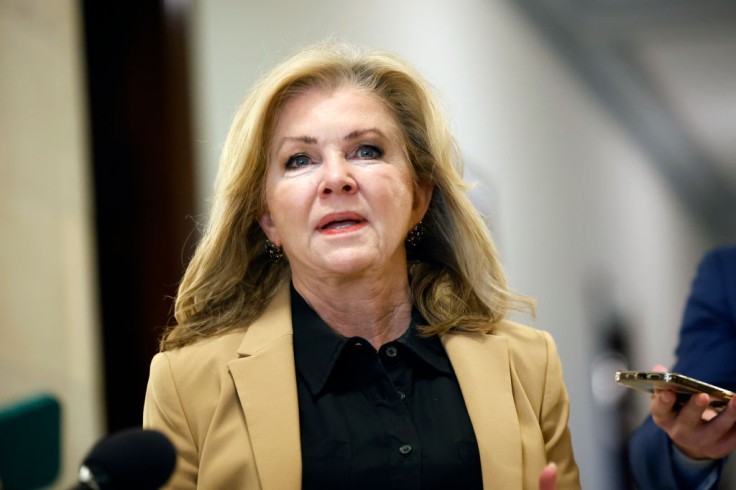Vanderbilt Under Fire: Senator Blackburn Targets Hidden DEI Programs at Medical Center
By
Vanderbilt University Medical Center (VUMC) is facing intense scrutiny after Tennessee GOP Senator Marsha Blackburn accused the institution of hiding its diversity, equity, and inclusion (DEI) programs behind password-protected web pages. In a letter sent on April 15, 2025, Blackburn urged VUMC to fully comply with President Trump's executive orders mandating the termination of such initiatives, arguing that they prioritize ideology over patient care and lifesaving research.
The controversy erupted when Consumers' Research, a conservative nonprofit, launched a campaign titled "What Is Vanderbilt University Medical Center Hiding?" The group discovered that VUMC had not fully dismantled its DEI resources, instead concealing them online. Offices like the Office of Diversity and Inclusion and the Office for Diversity Affairs allegedly remain active, with web pages promoting initiatives like "climate care is health care" and hiring "diverse biomedical researchers" still accessible behind passwords. A YouTube video titled "The War on DEI" was reportedly deleted only after public backlash.
Blackburn, in an interview with Fox News, called VUMC's DEI efforts "discriminatory" and harmful, pointing out that the medical center received over $66 million from the National Institutes of Health this fiscal year while investing $17 million in its DEI and Belonging Program. "VUMC has a responsibility to align with the President's executive orders and return to a focus on lifesaving research," she stated, urging the institution to "put Tennesseans first." The senator also highlighted VUMC's controversial past, including a 2023 investigation by Tennessee's Attorney General into allegations of manipulating billing codes for transgender treatments.
VUMC responded to the criticism, stating to Fox News Digital that it is "eliminating all DEI programs" and has begun removing related content from its websites to comply with federal directives. However, Blackburn remains unconvinced, noting that some resources appear to be hidden rather than removed, suggesting a lack of transparency.
The clash at VUMC reflects a broader tension in higher education as institutions grapple with federal mandates to dismantle DEI initiatives. While some, like the University of Virginia, have closed their DEI offices, others are accused of finding workarounds. Posts on X echo this sentiment, with users like@GeneBryant2 noting VUMC's "failure to end DEI initiatives" as a point of contention.
The stakes are high for VUMC, which relies heavily on federal funding for its research. Critics argue that prioritizing DEI over medical innovation could jeopardize its mission, while supporters of DEI initiatives contend that such programs are essential for addressing systemic inequities in healthcare. As the debate unfolds, VUMC's next steps could set a precedent for how universities balance compliance, transparency, and their institutional values in an increasingly polarized landscape.
© 2025 University Herald, All rights reserved. Do not reproduce without permission.








